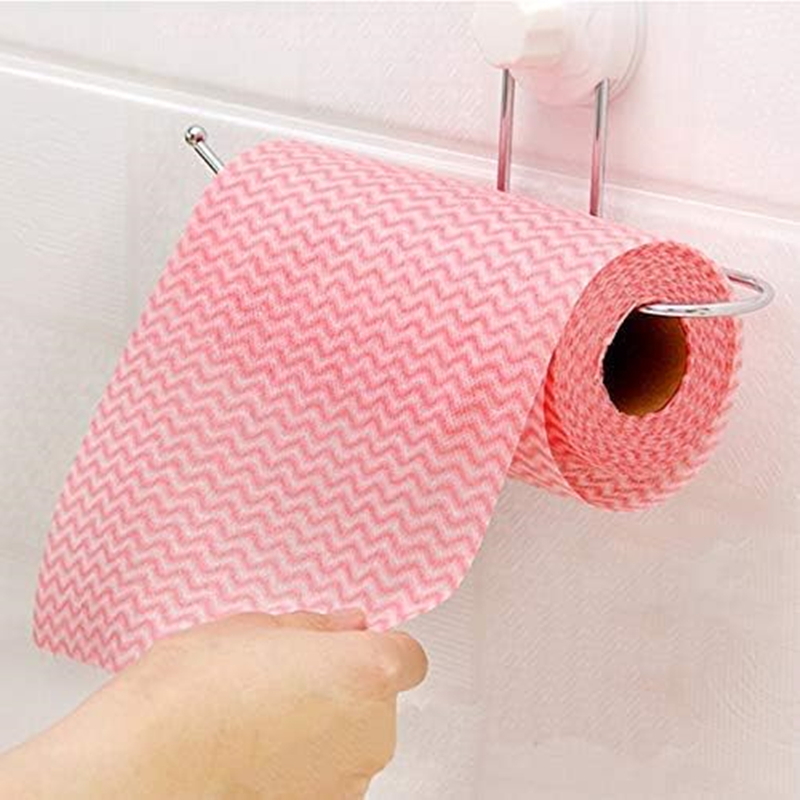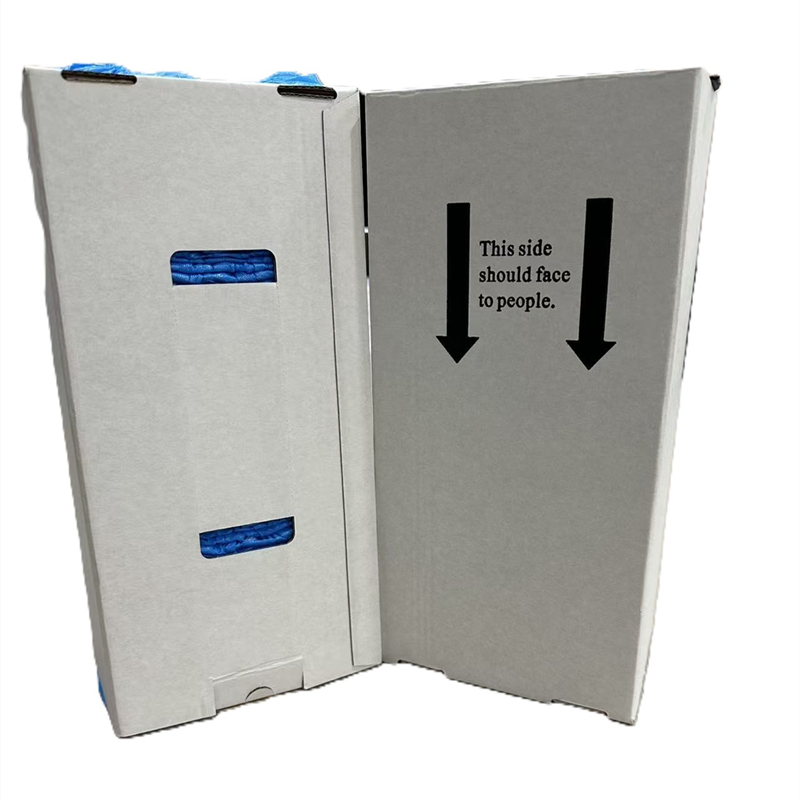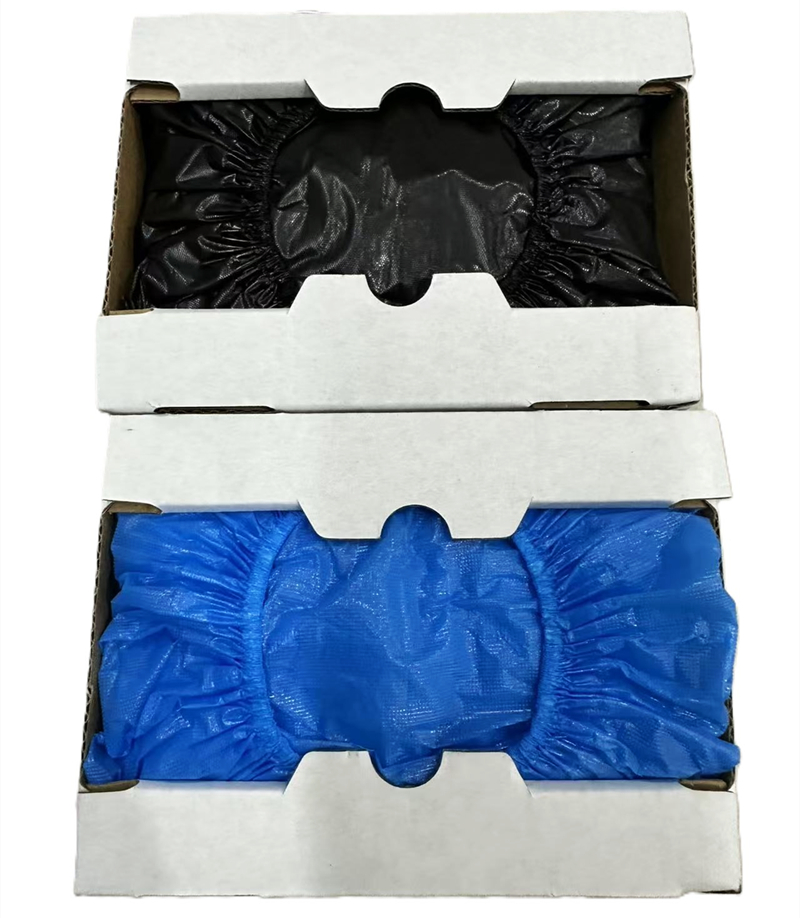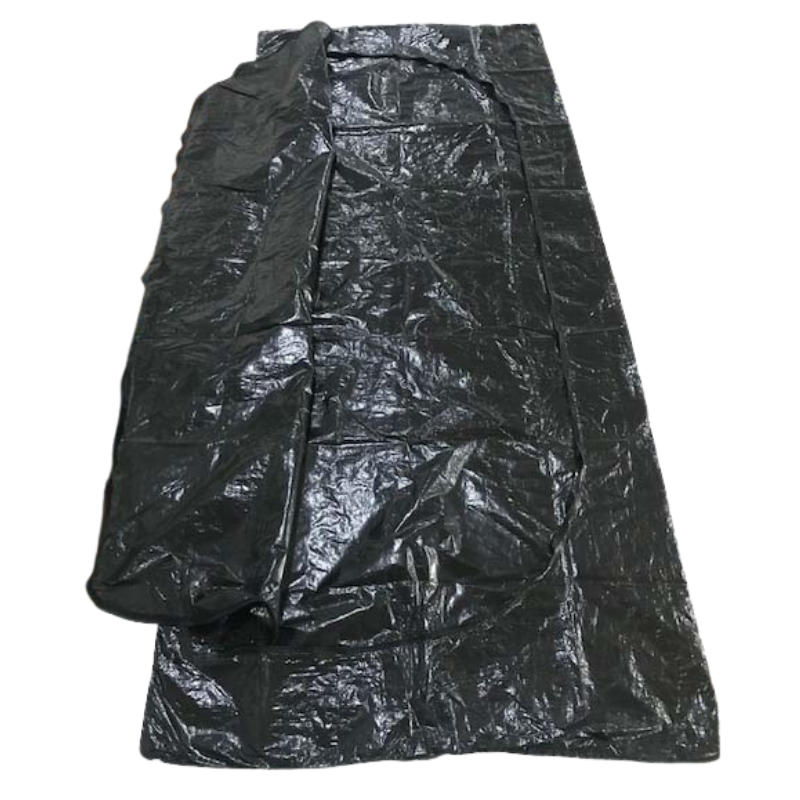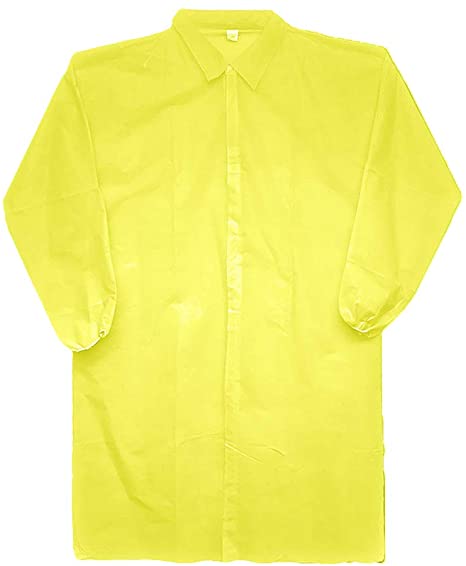Most disposable wipes do not really dissolve in water like toilet paper does. They are made to be strong!
Why?
- Many wipes contain plastique fibers.
- Plastic does not break down easily.
So, how long do they last?
- It can take 100 years or even longer for a single wipe to fully break down!
- They just slowly break into smaller and smaller plastique bits over this long time.
Toilet paper breaks apart in just a few minutes when flushed. Wipes stick around and can cause clogs in pipes. Always put used wipes in the trash.

